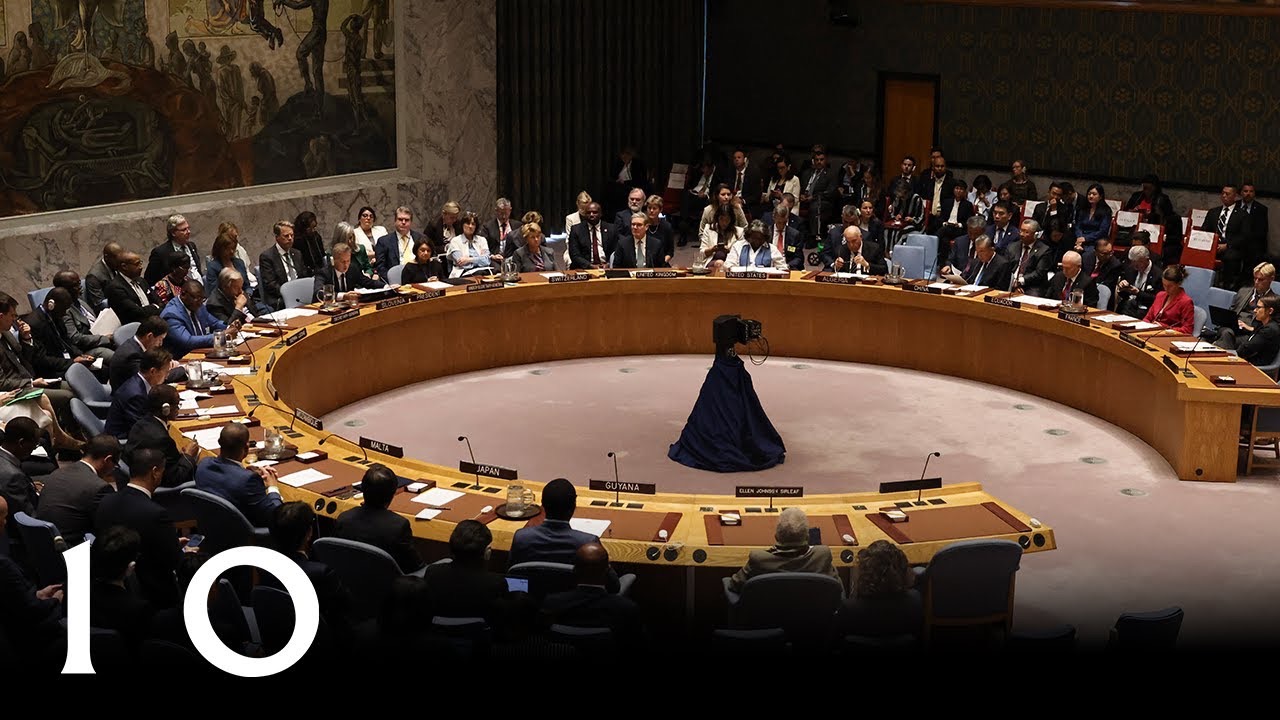Bansri Shah, Pune
Keir Starmer, the Prime Minister of the United Kingdom, too, extended his support for the bid for India to get permanent membership of the United Nations Security Council (UNSC) on Thursday. This follows similar support that came from US President Joe Biden as well as France’s Emmanuel Macron just days ago.
In his address at the 79th Session of the UN General Assembly, Starmer emphasized the need for the system to be more inclusive, ensuring that the voices of the poorest and most vulnerable are heard. He argued that the system must become more representative and responsive to those in greatest need to make sure inclusive outcomes are attained.
It was this reason why he talked about the need for the Security Council, “to change, to become a more representative body, willing to act – not paralyzed by politics.” He added the importance of having permanent representation of Brazil, India, Japan, Africa, Germany on the Council.
Macron, too, in his address talked about expanding the number of permanent members in the Security Council. He advocated for the countries to be added onto the UNSC with two African nations which are to be chosen by the continent.
Biden, after Prime Minister Narendra Modi’s trip to the United States, appreciated his efforts and leadership, especially in the context of the G20 summit and the Global South. He highlighted India’s leadership in tackling the world’s most urgent challenges, from aiding the global COVID-19 response to confronting the devastating impacts of conflicts worldwide. Biden also endorsed the bid for India to attain permanent membership in the UNSC.
Currently, five countries are permanent members of the Council, including Russia, the UK, China, France and the US, with ten non-permanent members that are elected by the UN General Assembly for a two-year term. India last held a non-permanent seat on the UNSC during the 2021-22 term.
For decades, India has contended that it deserves a seat on the UNSC. It has argued that a 15-nation council, which was established in 1945, is not suited for the geopolitical realities of the 21st CE.
This sentiment was reiterated by the UN Secretary-General Antonio Guterres during the ‘Summit of the Future’, stating that the outdated structure of the 15-nation Council risks losing all credibility unless reforms are made.
